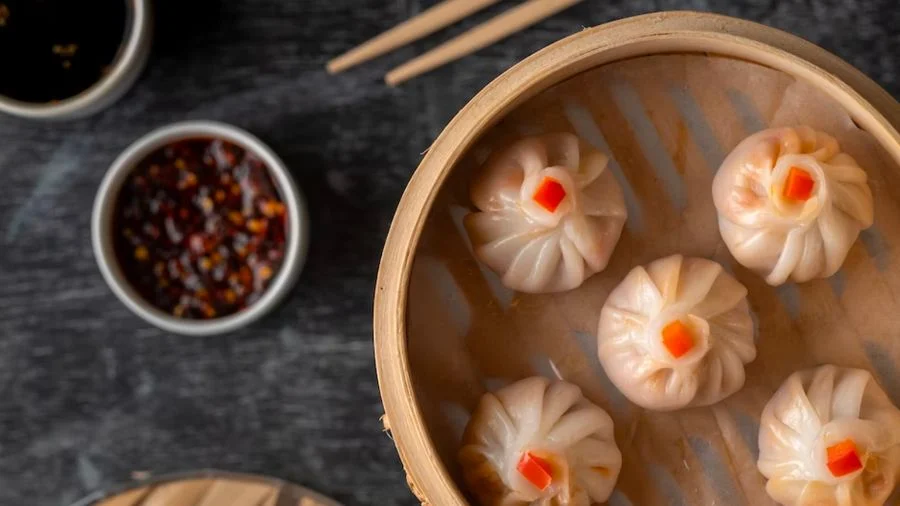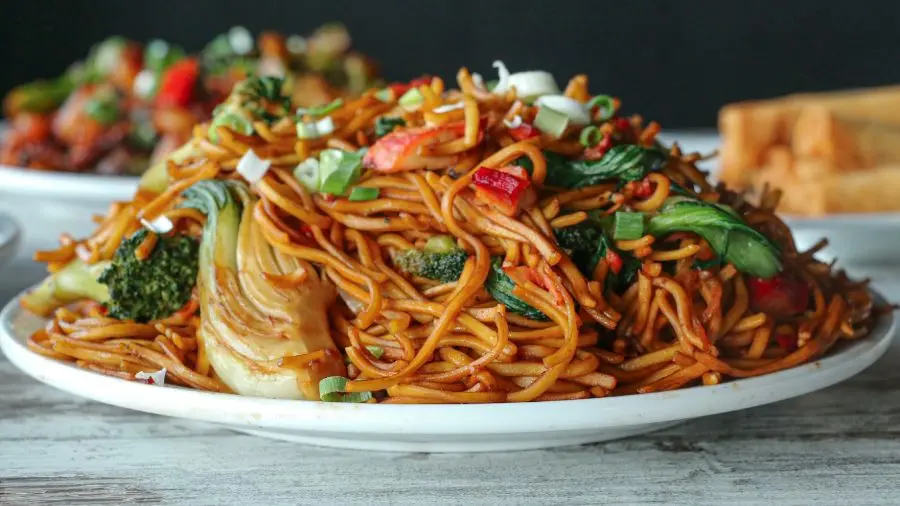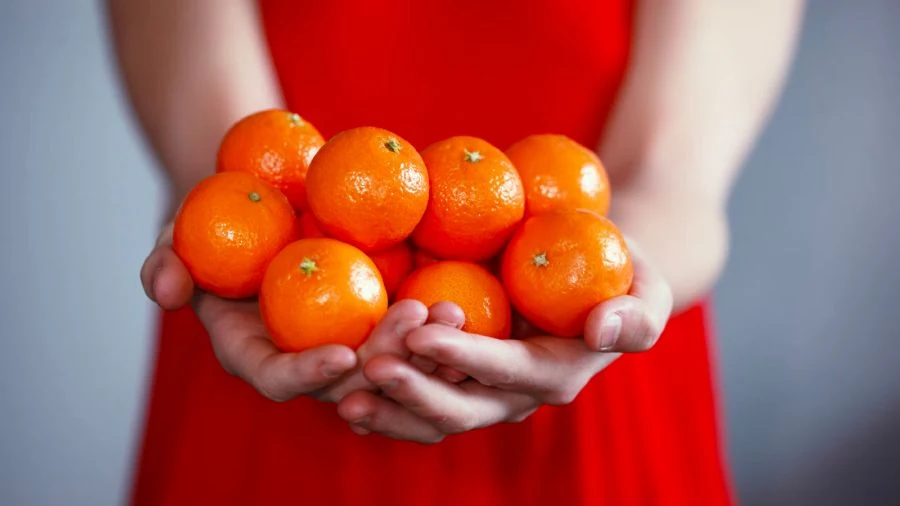
Start the new year on the right foot with a feast of Asian food favourites at the office.
Lunar New Year ushers in a new zodiac year, followed by the traditional two-week Spring Festival. While it’s not a public holiday in Australia, it’s widely celebrated nationwide.
Almost 30% of Australia’s population is born overseas, with China, Vietnam and Malaysia — which all celebrate the Lunar New Year — all in the top 10 countries where that 30% has moved from.
“Multiculturalism is a core value of Australian culture. Celebrating Asian culture, or Indian, or other cultures has become a norm,” says Dr Pan Wang, a senior lecturer in Chinese and Asian studies.
“Food is a key part of daily life and a vital component of Chinese culture,” she continues. “Chinese people believe food connects people together, brings family together, brings peace, harmony and warmth.”
And what better time to do all that than the new year.
What’s typically served during Lunar New Year?
Dumplings will be steamed, noodles will be slurped and whole fish will be dished up throughout the New Year and following Spring Festival days.
Celebrations are all about food, and this holiday is no different. A time when family and friends often gather to feast, LNY dishes vary a bit from country to country. But, the meaning behind the food remains the same.
Dr Pang shares these suggestions to serve at Lunar New Year:

Dumplings
Each variety of dumpling carries its own significance, but most are tied back to wealth and money.. For example, Dr. Pang remembers from her childhood that dumplings would be stuffed with a coin or a nut for one lucky diner to find. Nowadays, cabbage dumplings signify wealth, while mushrooms mean money in the pocket.
Rice Cakes
Also called nian gao, sweet rice cakes are made from glutinous rice flour. According to the SBS, these treats symbolise a good and prosperous year ahead.
Whole chicken and fish
Sharing a whole chicken can be seen as a symbol of togetherness as a family, while a whole fish signifies an abundant year ahead.

Noodles
Representing long life, noodles are typically eaten on a annual special occasions including New Year’s and birthdays.
Mandarins
A symbol of luck and wealth due to their golden hue and a name that sounds like “wealth” when translated, mandarins are typically gifted for Lunar New Year.
Where can you order Lunar New Year foods?
Although it's often referred to as “Chinese New Year”, the annual celebration is actually celebrated by a bunch of countries in Asia, including Vietnam and Malaysia. Traditional Lunar New Year foods can be ordered from more than just Chinese restaurants.
Some of the restaurants we’d recommend include:
- Lane 198, Sydney
- Mama Bao, Sydney
- Super Bowl Chinese, Brisbane
- Family Tea House, Melbourne

Why is food such an important part of the Lunar New Year?
For Chinese people, food is connected to different values, says Dr. Pang. As mentioned above, many of the foods typically eaten during Lunar New Year celebrations are symbols of long life, health and luck - the things you’d wish someone around a New Year’s celebration.
When is the Lunar New Year in 2026?
The Year of the Horse begins on 17 February 2026 and is followed by two weeks of celebrations known as the Spring Festival. The festivities conclude with the Lantern Festival on 3 March.
The date changes each year as Lunar New Year follows the lunar calendar.
How to celebrate Lunar New Year in your workplace
Feast! With food being such a key part of the Lunar New Year celebrations, a lunch or dinner is the perfect way to celebrate.
Adding some flavour to the workplace, it’s also a great way to learn about the cultures of those around you and celebrate with your coworkers.
“People can use this occasion to hold a fusion festival of Asian food and culture,” says Dr Pang. “When people eat food, they learn about the history, the meaning behind the foods.”
Eat traditional Lunar New Year foods
Order them in or encourage a potluck! We have plenty of catering partners across Australia who make traditional Lunar New Year eats.
You can also ask any team members who celebrate to make some of their favourite dishes they grew up eating.
Learn a new language
Okay, we don’t expect you to learn an entire language in just a day! But learn a few phrases or at least the names of the food you’re eating. “We had this kind of event at my workplace at UNSW,” says Dr Pang. “It turned out to be quite fun!”
Organise a visit to markets and other events
Sydney, Melbourne and other cities host Lunar New Year events, so if you’re not able to host anything big in the office, why not gather a group and check out some local events? It can be a great way to socialise as a team and, perhaps, learn a bit about another culture. They typically run from the beginning of the new year to the end of the Spring Festival.
Which countries celebrate Lunar New Year?
Most people associate the Lunar New Year with China, and while Dr Wang is an expert in Chinese studies, she notes many other Asian countries celebrate it too.
So if you’re planning a Lunar New Year lunch celebration, you’ll probably want to include traditional foods from some of these countries too:
- Vietnam
- Malaysia
- Singapore
- Malaysia
- Taiwan
- South Korea



